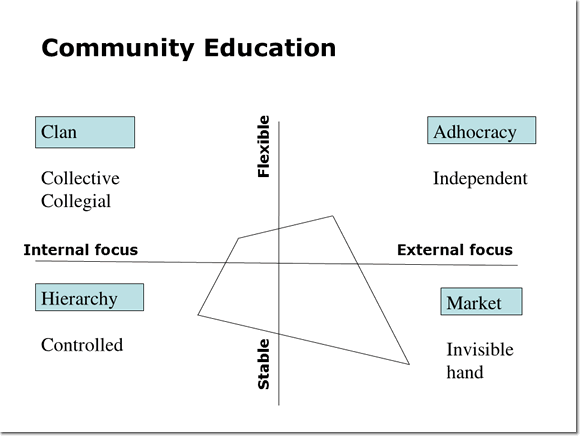U21 Newsletter
Regional engagement for knowledge creation and exchange
In 2010 Universitas 21 recognised a number of universities as belonging to a collaborative group charged with deepening understanding and promoting practices in regional engagement. The group was formed in response to recognition that little is understood about how international rescan intensive universities can best engage with their regions. The group is led by the university of Auckland and the University of Glasgow with the involvement as core contributors of the University of Queensland, the University of Melbourne, Lund University and the University of British Columbia. The University of Birmingham has recently expressing interest in joining the group and additional members would be very welcome.
The group is working within 4 priority areas:
- Governance models for regional engagement
- Assessing the value of regional engagement
- Regional engagement and research quality
- Regional engagement and teaching and learning quality
Providing an infrastructure for collaboration
To date much work has focused on developing infrastructure for collaboration and recruiting key participants. To this end a web site is being established by the University of Glasgow, details of which will be announced shortly.
We would like to populate this website, examples of practice, accompanying by analytical commentary that exemplifies the particular roles of research intensive universities in regional engagement.
Modelling the governance of regional engagement
Productive work has begun on Priority Area 1 and was disseminated and advanced at 7th International Workshop on Higher Education Reform (HER)at UBC in Vancouver in October 2010. Priority 1 identifies a need to comprehend the management structures and processes that most effectively drive and support high impact engagement within research intensive universities. Members of the collaborative group noted national differences in conceptions of regional engagement and so the nature of activities which must be governed. Even within universities regional engagement covers activities ranging from second chance learning to high tech innovation and from providing access to global thinking to researching community development. Not surprisingly therefore approaches to governance also vary.
International differences together with the diversity of activities that fall under regional engagement mean that a single model of governance is unlikely to be effective and the collaborative group sought a multidimensional model to capture key elements in contrasting approaches.
Cameron and Quinn (1983) propose a competing values framework which can be used to assess organisations. It is based on the notion that governance and management structures reflect values. Although originally conceived as a tool for assessing the culture of an organisation it is also used to examine dilemmas in management and governance. Cameron and Quinn identify two important dimensions of variability: flexibility vs. stability and internal vs. external focus. Within the two dimensions the quadrants capture alternative approaches to governance. An internal focus and value placed on flexibility might be best managed through a clan or collective decision making. An emphasis on stability and managed risk together with an internal focus might be reflected by a hierarchy with clear structures and accountabilities. Where an external focus is taken and flexibility is valued an adhocracy might be found but if stability is valued then the external and invisible hand of the market might dominate the approach to governance. No single organisation or activity is viewed as wholly belonging in one quadrant rather all values exist but to varying degrees.
An attempt has been made to apply the model to the governance of regional engagement activities. The model appears to successfully capture important differences in governance between activities. Not only were the results intuitively appealing but perhaps more importantly the model provided a vocabulary and a simple diagrammatic representation that could be used to structure discussions and actively consider alternative governance structures for regional engagement. In the table below, and for illustration only, two contrasting regional engagement activities are compared. This work is at an early stage and it will be refined, developed and disseminated later in the year.
Plans for 2011
Work on the remaining three priority areas is also scheduled for 2011. The plan includes developing on line seminars so that anything leant by the group will be made available to all U21 members.
The collaborative group plan a further meeting on 4 July 2011 in Glasgow to which all members of U21 will be invited. A full agenda will be circulated shortly.
If you would like to participate in the work of this group please contact Professor Susan Geerthuis, University of Auckland ([email protected]) or Professor Michael Osborne, University of Glasgow ([email protected]).


| Attachment | Size |
|---|---|
| U21-NEWSLETTER-01.pdf | 148.02 KB |
 Printer-friendly version
Printer-friendly version- Login to post comments
- 31 reads


